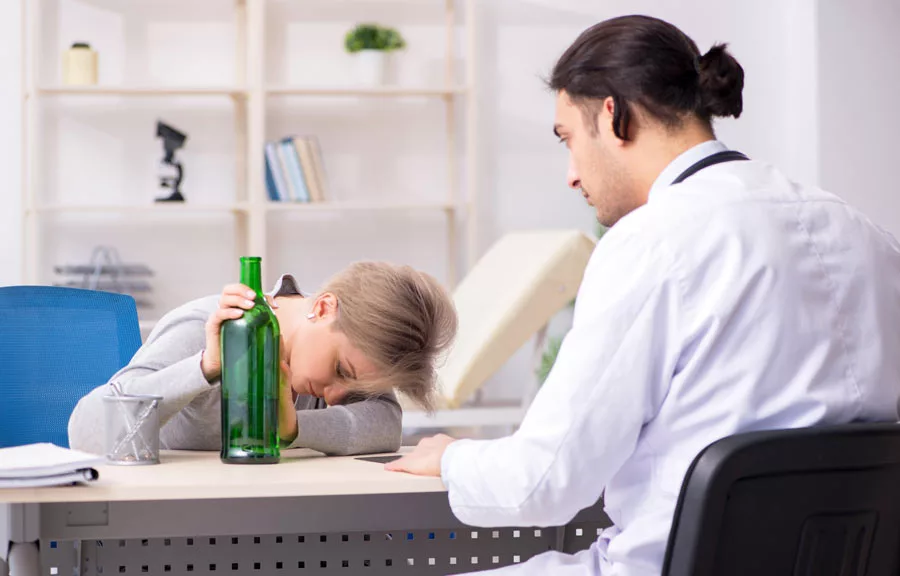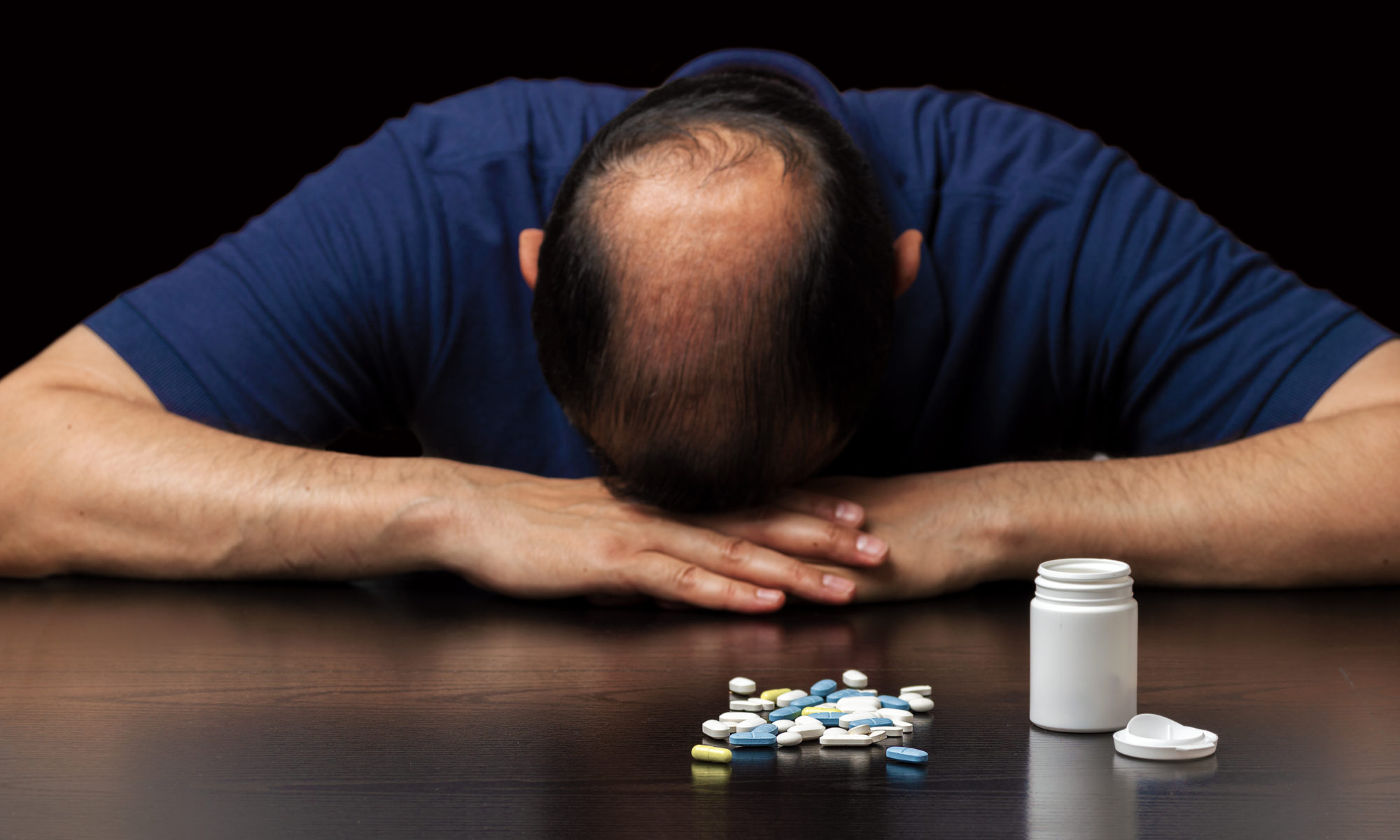Dealing With Substance Abuse as A Parent
Substance abuse is an all-consuming situation. Even if you are a good parent or come from a good family, the power of drug addiction can tear it all apart. I have been there before, and I’ve nearly lost my family several times. Today, with the help of Best Rehabs In Arizona, I am sober and have my family back. It took a lot of work and child custody battles to regain custody after drug abuse, but the power of forgiveness can’t be understated.
First, you have to forgive yourself. Even though I am clean, I still have moments where I am hard on myself for putting my children through my drug abuse. I try not to be too tough on myself, but I know that I lost precious time that I can’t get back. I dedicate my entire life now to making new memories with my children, and not taking anything for granted.
Parental substance abuse creates deep wounds that take a long time to heal, if ever. The children of addicts are often at risk of becoming addicts as well. My parents struggled with drug and alcohol addiction, and I had to grow up fast in order to fend for myself. This created a lot of resentment as a young adult, and it led me to become an addict myself.
Keep reading if any of this sounds familiar, because I’ll tell the depths of how far my addiction took me and how our family finally found help and a way out!
Losing Child Custody Because Of Drug Or Alcohol Addiction
I was in a codependent relationship with the mother of my children. We were both alcoholics and dabbled a bit with opiates. When we had our first son, we assumed that the love for our child would help us get our act together. We were both prepared to give it our all and be the best parents we could be. We both got sober briefly, but it didn’t take long before the stress of being new parents got to us.
I’ve suffered from alcohol abuse since my teenage years. My parents drank, as well as many of my other family members. I have cousins who were subjected to child abuse as a result of their parent’s addictions. One of my cousins was emancipated, and another cousin was put in child protective services multiple times before they were ten years old.
I Never Thought it Could Happen to Me

Losing custody of my own children never crossed my mind. It seemed like a foreign concept that only happened to other people. Although my wife and I suffered from alcohol abuse, we were functioning alcoholics. We both had jobs and paid our bills. After our son was born, she became pregnant again with our daughter. The stress of having one child was bad enough, and my drinking continued.
My wife was able to quit drinking during her pregnancy, but she continued using opiates. When our daughter was born, the doctors knew immediately that there was an issue. We ended up losing custody of our daughter, and child protective services were also trying to take our son away from us. The stress of the whole situation made my drinking worse, and I was drunk during an interview with CPS. This led to our son being taken away from us as well.
When Child Protective Services Take Your Kids
When I was finally living with the reality of losing my kids because of my addiction, I had a huge decision to make. I could wallow in my sorrow and let my addiction kill me, or I could fight with everything I had to save myself and get my family back. Even though I still loved my wife, it was necessary for us to separate at the time. We had enabled each other’s addictions for so long that we didn’t know how to even approach getting clean.
When I lost custody of my kids, it was the wake-up call that I needed. My substance use disorder had finally taken every last thing I cared about. Why would I continue to feed my habit, knowing that it ruined my entire life? I had my moment of clarity one morning after a night of heavy drinking. I thought of my son and realized that if I didn’t start trying to get clean immediately I would miss years of his life, if not the whole thing.
I entered substance abuse treatment at Best Rehabs In Arizona and began the long process to rebuild my family. Thinking about my children ending up in foster care was terrifying, but I knew that ruminating on this would not help my mental state. I worked very hard to keep myself in check and not get too low thinking about my children’s situation. I tried to keep my mind on getting better one day at a time.
How To Regain Child Custody After Drug Abuse
Regaining child custody following drug rehabilitation can be a long, drawn-out process, but if you chip away a little at a time it will be to your benefit. Attending a treatment program and sticking to it is a good way to show the courts that you are committed to your recovery. When I began seeking custody of my children, I made sure that I went to alcoholic support groups several times a week.
When I finally began working on my substance abuse problems, I began to understand what I had been putting my children through. For a long time, I assumed that I was capable enough of having physical custody of my children. Sure, I was an alcoholic, but they weren’t starving or suffering. Little did I know there was a lot of internal suffering.
Children pick up on everything their parents do. Every little mistake or outburst, they see it, and it affects them silently. Parental addiction can have long-lasting effects on a child’s safety and mental health. I finally began to understand why once I began going to meetings and hearing from other children of addicts.
Honesty and Transparency: What a Judge Wants to Hear About Custody

I was able to use this knowledge in court and give myself an advantage. I admitted my mistakes, I talked about what I was doing to address them, and I did not make it all about me. I made it about my children. A selfless approach will go a much longer way than talking to the court about yourself and your own needs. I went in there and talked about the needs of my children.
At first, the Judge was reluctant to award joint legal custody, but over time and many appearances, I was able to get back my kids and rebuild our family. When my wife continued using, I was even given sole custody, which never
Is Parental Addiction Child Abuse?
No parents want to believe that their addiction is in some way linked to abuse, but there are many cases where this is true. A parent’s substance abuse never happens ‘in a vacuum.’ When you are an addict, the addiction is number one. The needs of the child are put on the pay-no-mind list. Even though I provided for my children, and they were in good physical condition, my wife and I were creating developmental problems and mental health issues within them.
My alcohol abuse often led me to be irritable and prone to outbursts. It never got physical when my wife and I would argue, but our son witnessed all of it and it created fear in him. He was afraid of us at times and would withdraw from normal activities. I didn’t realize this was because of our addiction until I finally began learning about the complexities of substance abuse.
When Child Protective Services take your children away, they are not trying to punish you. Their number one concern is child safety. They know that the children of addicts are oftentimes at great risk. Anything can happen, and the damage can be deeper than just the affect child custody services might be concerned with.
You can be driving drunk with your kid in the back seat and cause them great bodily harm or (I never let myself consider it when drinking) even death. You can easily lose them in a mall if you aren’t in your right mind. There are many scenarios that can happen that often lead to great danger.
Sharing Joint Legal Custody Following Rehab
My wife and I did not get back together following my addiction treatment. She continued abusing drugs but eventually got clean. During her time in recovery, I was given sole custody of my children. It felt like a gigantic weight was lifted, and we could continue our lives again. There was no better feeling and the reason I stay clean today is because of how magical that feeling was and still is.
After my wife was clean for several months, we entered into a custody dispute. I was completely fine with her seeing the kids, but I needed to know that she was on the right path before I allowed her to regain custody. She soon proved that she was capable of taking care of them, but it did take a while. I was very nervous to allow for joint custody, but I personally saw the strides that she made in her recovery.
Sharing physical custody still gives me certain concerns, as I’m sure it does for her. What if one of us relapses? What if one of us is hiding it? I often wonder if my kids are safe when they are with her. It’s not that I don’t trust her, I just know the power of addiction and what it can make people do. I try to give her the benefit of the doubt, as she does me. We check in with each other and often talk about our recovery journey together, which eases both of our concerns.
Being A Parent Again

Dealing with family court, custody disputes, and constantly meeting with lawyers and CPS investigators was grueling, but every step of the process was worth it now that I have my children back. A child’s life is precious and requires a parent with a stable mind. Having one parent addicted to drugs is bad enough, having two almost gives the child no chance.
There aren’t a ton of success stories when it comes to drug addicts losing child custody. I continue to submit to drug testing randomly and I am totally ok with it. You can’t be too careful with a person who has a history of drugs or alcohol. At any time, you can slip back into your old ways if you aren’t actively working on your recovery.
You don’t realize what drug abuse will make you do until you are deep into it. No matter how much love you have for your children, a substance use disorder will make you throw it all away for one high. This is why I talk openly about my drug use and attend as many meetings as I can. I don’t take my sobriety for granted. Drug rehab helped me, but lasting recovery takes continued effort.
Forgiving Yourself So You Can Thrive
You won’t thrive in your recovery unless you are kind to yourself. We all make mistakes in life, sometimes huge ones. Living in the past is an easy way to fall back into your old habits. Being mindful of the present and taking things day by day is a good mindset to have in order to continue your sobriety and be a good parent along the way.
I set goals for myself and put a big emphasis on relapse prevention. Recovery allows me to keep myself in check and understand the warning signs of relapse. I know that I am not immune to relapse, as no one in recovery is. It’s always right there, but you don’t have to be terrified of it. Giving in to the fear of relapse can often make you put off the work required to stay clean, never mind regaining custody of your children. Don’t give in to fear.
Reaching Out for the Opportunity at Best Rehabs In Arizona
I treat my situation as if I have an active addiction right below the surface. My substance use doesn’t define me, but it is a part of my makeup. I accept that now and don’t try to hide it or run from it. I let people know that everything I have now in life is because I am sober. I try to remind myself of that every day I get to wake up with my children under my roof.
If you are struggling with alcohol or drugs, or both, and you want your kids to be a part of your life again, I would recommend seeking help at Best Rehabs In Arizona. I know it made a world of difference to our family and made me realize just how close I had been to losing them.
Don’t wait as long as I did to get support for staying sober, why not reach out to Best Rehabs In Arizona now and get options? All calls are confidential, and it will never affect your custody rights to find out how to get help!












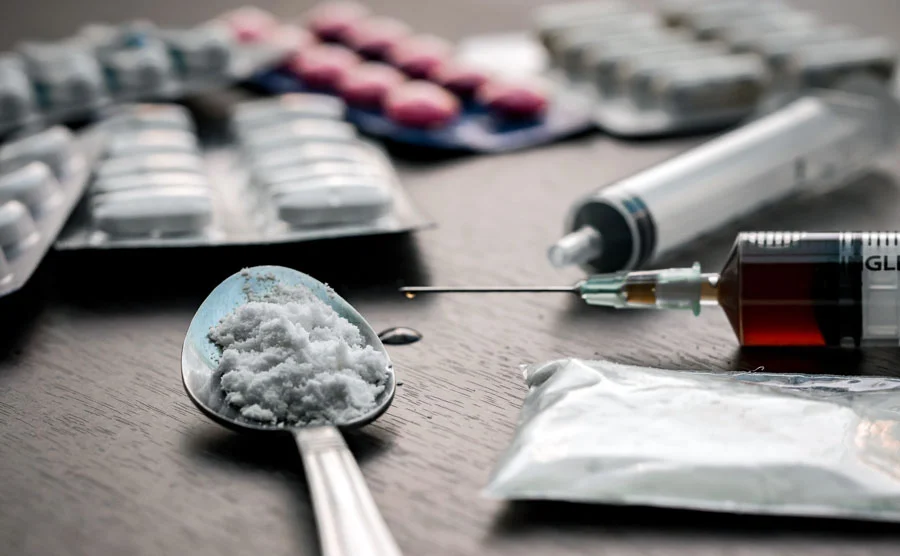



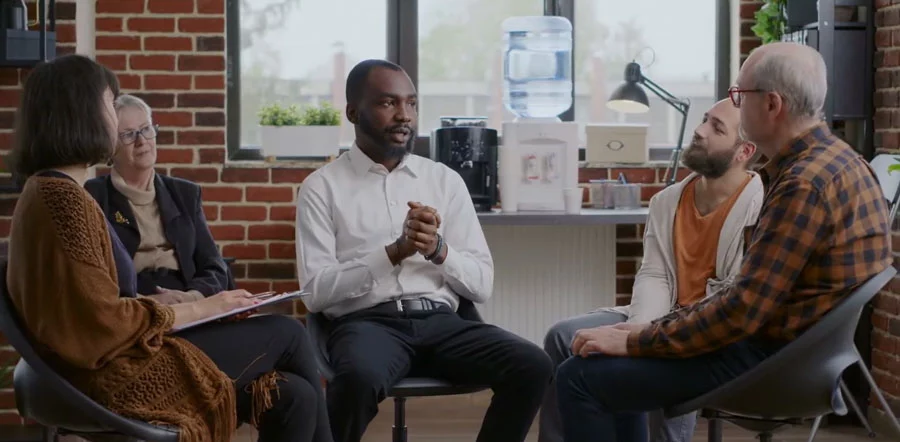

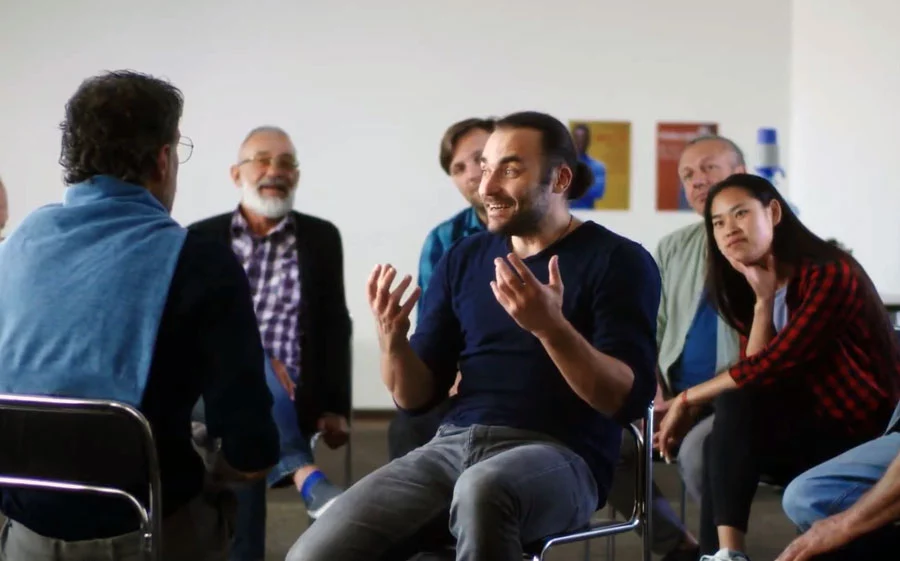

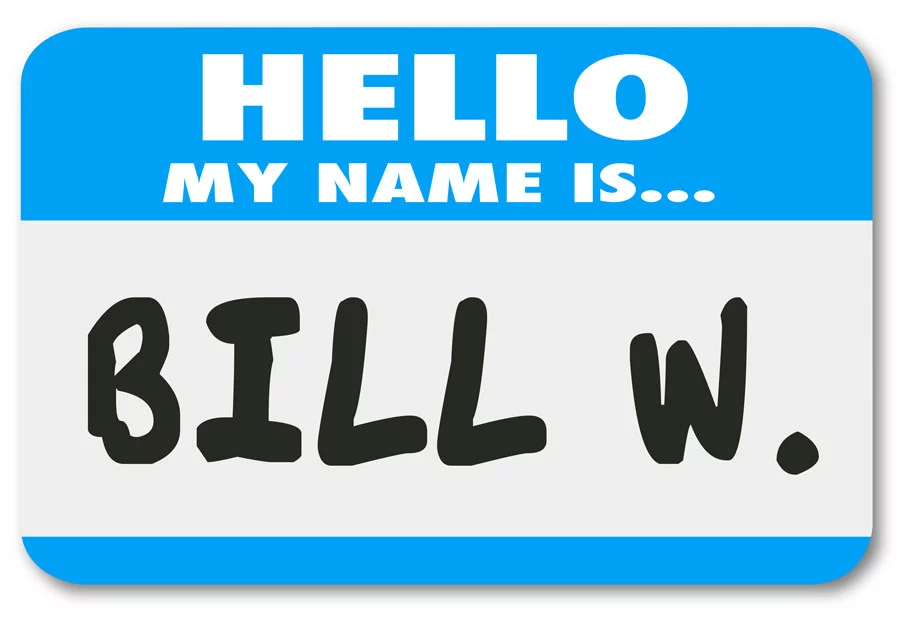








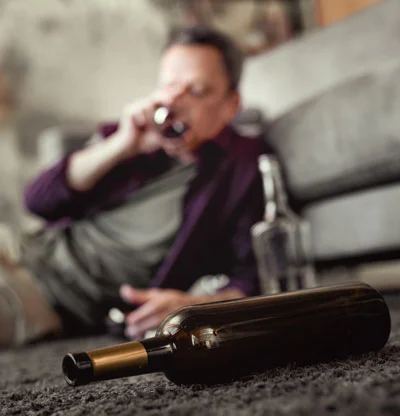 some people, but I was determined to not go back to that pattern. I needed to be alone for a while to fix myself so that I didn’t need to go right back to couples therapy when I began a new relationship. This was a huge thing for me to realize.
some people, but I was determined to not go back to that pattern. I needed to be alone for a while to fix myself so that I didn’t need to go right back to couples therapy when I began a new relationship. This was a huge thing for me to realize.




